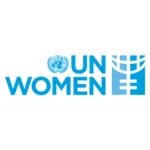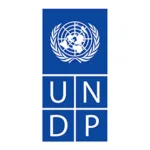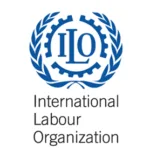
Synopsis:
As part of the GTZ Coastal Area Rehabilitation Project (CARP), Mera Maan conducted an area assessment to explore livelihood opportunities in the cyclone-prone regions of Barguna and Patuakhali, Bangladesh. The assessment aimed to support the most vulnerable community members, particularly women who had been severely affected by disasters like cyclone Sidr. Through a detailed household survey, focus group discussions, and market surveys, the study delved into the socio-economic realities, resource availability, constraints, and potential business opportunities for the target communities.Narrative of the Project Description:
Background:
The cyclone-prone regions of Barguna and Patuakhali faced persistent natural disasters that had a devastating impact on the lives and livelihoods of the vulnerable community members, especially women. The study was designed to understand their struggles for survival, examine their resilience, and identify opportunities for sustainable economic growth in the region.Objectives:
– Assess the socio-economic and geographical realities of the target communities in Barguna and Patuakhali.– Identify potential livelihood opportunities, particularly for women, and explore their entrepreneurial potential.
– Evaluate the capacity of partner NGOs to deliver effective business development training and ongoing support.
– Propose strategic recommendations to enhance economic resilience and empowerment within the communities.









